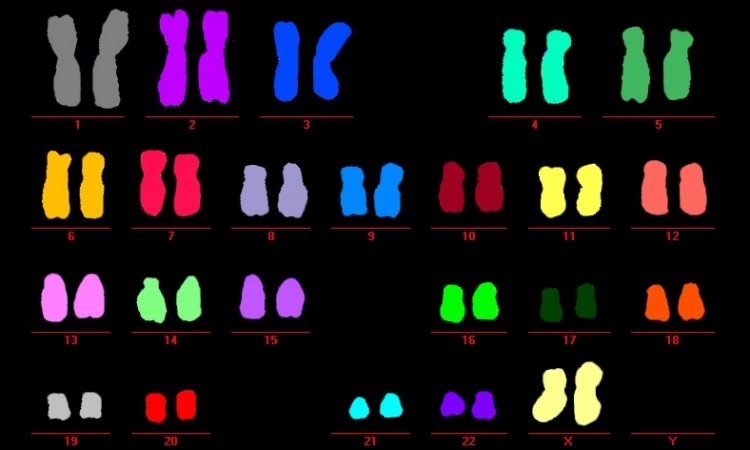Source: Pixabay/bor-onno
News • Hot helper
Can oolong tea prevent breast cancer?
In a recent study published in the journal Anticancer Research, Saint Louis University scientists, together with a visiting scientist from Fujian Medical University in China, have discovered evidence that oolong tea can lead to DNA damage of breast cancer cells and inhibit the growth and progression of tumors in the lab, potentially offering a non-toxic strategy to prevent breast cancer.

The group, led by Chunfa Huang, Ph.D., associate research professor in the department of internal medicine at Saint Louis University, studied how tea extracts affect breast cancer cell viability, observed how the cells treated with the extracts caused morphology alteration and DNA damage, and analyzed how the extract affected cancer cell colony formation and growth. “From our results, oolong tea, much like green tea, plays a role in inhibiting breast cancer cell growth, proliferation and tumor progression,” Huang said.
It is estimated that more than 250,000 women in the U.S. were diagnosed with breast cancer in 2018, and that 41,000 will die from the illness. Thanks to screening, early diagnosis, molecular subtype classification and improvements in treatment, death rates are declining. However, there is a great need for more effective and less toxic treatments and prevention strategies.
Tea, which originated in China, has been used for medicinal purposes since ancient days. About 78 percent of the world’s tea production is black tea, 20 percent is green tea and two percent is oolong tea, which is mainly produced in Fujian, China, the authors write. Studies over the past decades have found that green tea has anti-cancer effects. However, much less attention has been paid to oolong tea.
The lower incidence and mortality in regions with higher oolong tea consumption indicate that oolong tea has great potential for its anti-cancer properties
Chunfa Huang
In the lab, the researchers tested five different tea extracts on six different breast cancer cell lines: two ER-positive and PR-positive lines, one HER2-positive line, and three triple-negative cell lines. Green and oolong tea extracts prohibited breast cancer cell growth in all six breast cancer cell lines. Cells treated with black and dark tea extracts showed no or very weak effect.
The researchers also looked at 2014 data from the Chinese and Fujian province cancer registry annual report. They found that both the incidence and death rate of breast cancer in the Fujian province was much lower than the national average, with a 35 percent lower incidence of breast cancer and a 38 percent lower death rate. Similarly, they also found that high consumers of oolong tea had an additional 25 percent lower incidence compared to the average in Fujian, and 50 percent lower incidence than the national average. The death rate of high consumers of oolong tea was 68 percent lower than the national average. “It is clear that more study is needed," Huang said. "The lower incidence and mortality in regions with higher oolong tea consumption indicate that oolong tea has great potential for its anti-cancer properties.”
Source: Saint Louis University
27.01.2019











